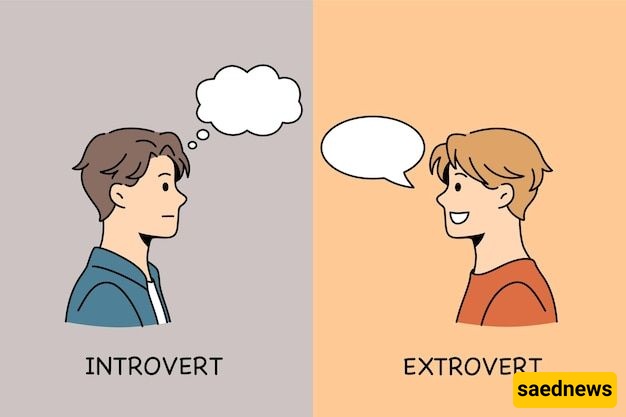SAEDNEWS: Introverts possess hidden strengths—focus, observation, thoughtful communication, independence, and empathetic leadership—that often allow them to outperform extroverts in both work and life.

Introverts have long been misunderstood in a world that celebrates the loudest voices. Yet, research consistently shows that introverted individuals often excel in creativity, focus, and leadership—sometimes outperforming their extroverted peers. Understanding these hidden powers can help you appreciate the subtle strengths introverts bring to both professional and personal life.
Introverts tend to thrive in environments that require sustained attention and careful analysis. According to studies published in the Journal of Personality and Social Psychology, introverted individuals often outperform extroverts in tasks that require concentration and problem-solving skills, as they are less prone to distractions.
Tip: Use quiet environments or solo work sessions to harness this strength.
One hidden power of introverts is their ability to observe and analyze social dynamics. Psychologist Jonathan Cheek notes that introverts pick up subtle cues in conversations that extroverts may miss, making them excellent at negotiation, conflict resolution, and understanding team dynamics.
Unlike extroverts, who often think out loud, introverts process information internally before speaking. This reflective approach enables them to deliver meaningful, well-considered contributions in meetings, interviews, or creative projects. Harvard Business Review highlights that this habit allows introverts to make impactful decisions without unnecessary noise.
Introverts are often self-motivated and disciplined, thriving in situations where independent work is required. Studies from the American Psychological Association suggest that introverts frequently excel in research, writing, and analytical tasks because they enjoy introspection and focused effort.
Contrary to the stereotype that leaders must be outgoing, introverts lead effectively through listening and empathy. According to Susan Cain, author of Quiet: The Power of Introverts, introverted leaders are often more attentive, thoughtful, and capable of inspiring trust, making their teams more productive and cohesive.
Whether you’re introverted or not, learning from these traits can improve productivity, relationships, and creativity. Try:
Creating quiet spaces for deep focus.
Practicing active observation before responding.
Reflecting before speaking to offer meaningful insights.
Embracing independent work sessions.
Leading through listening rather than dominating conversations.

